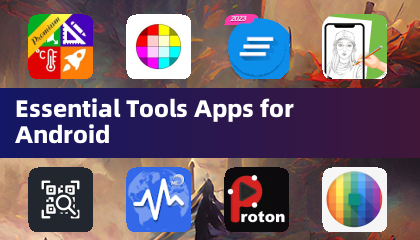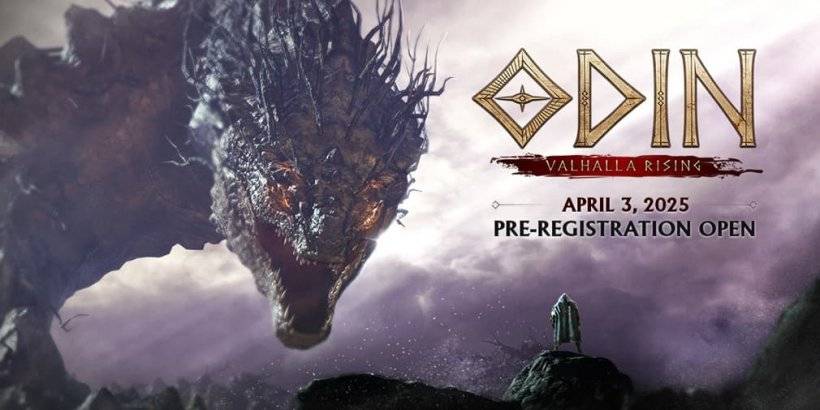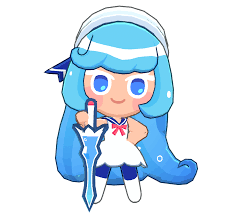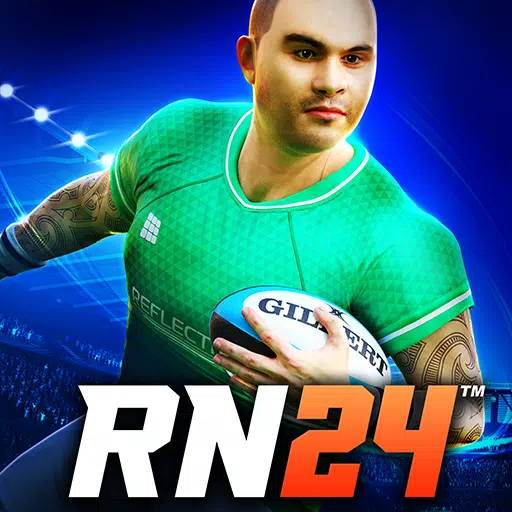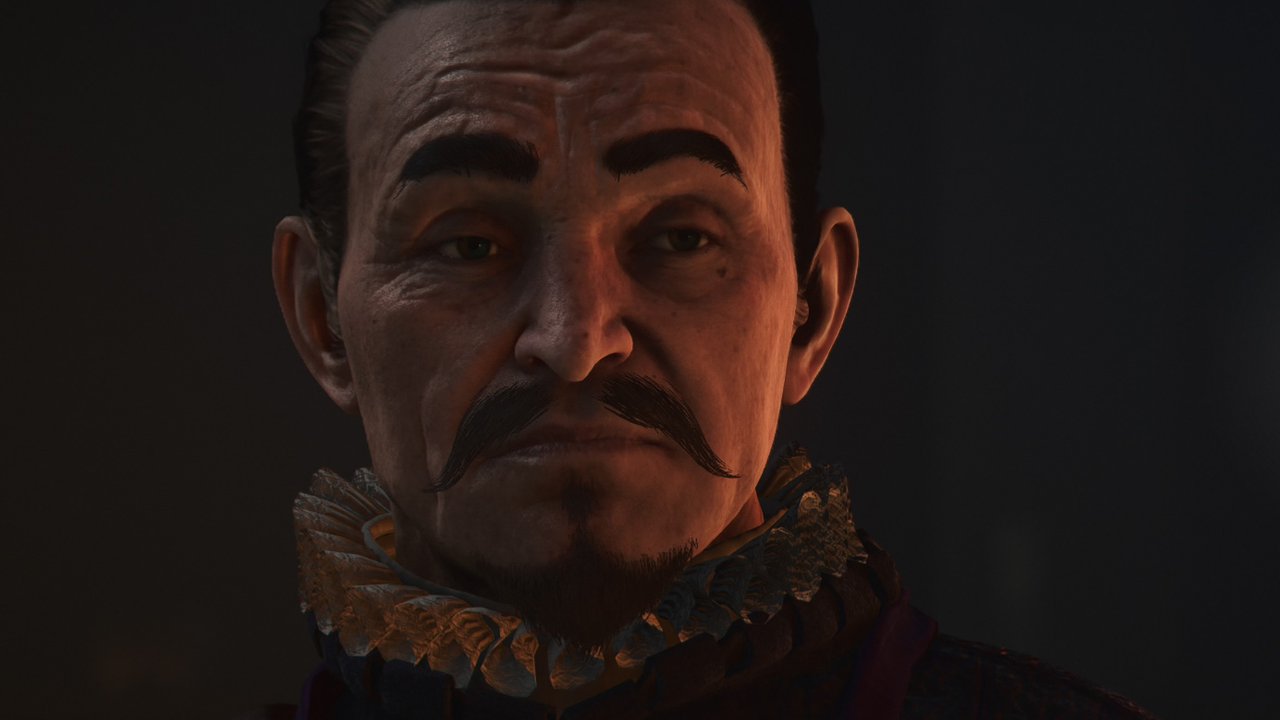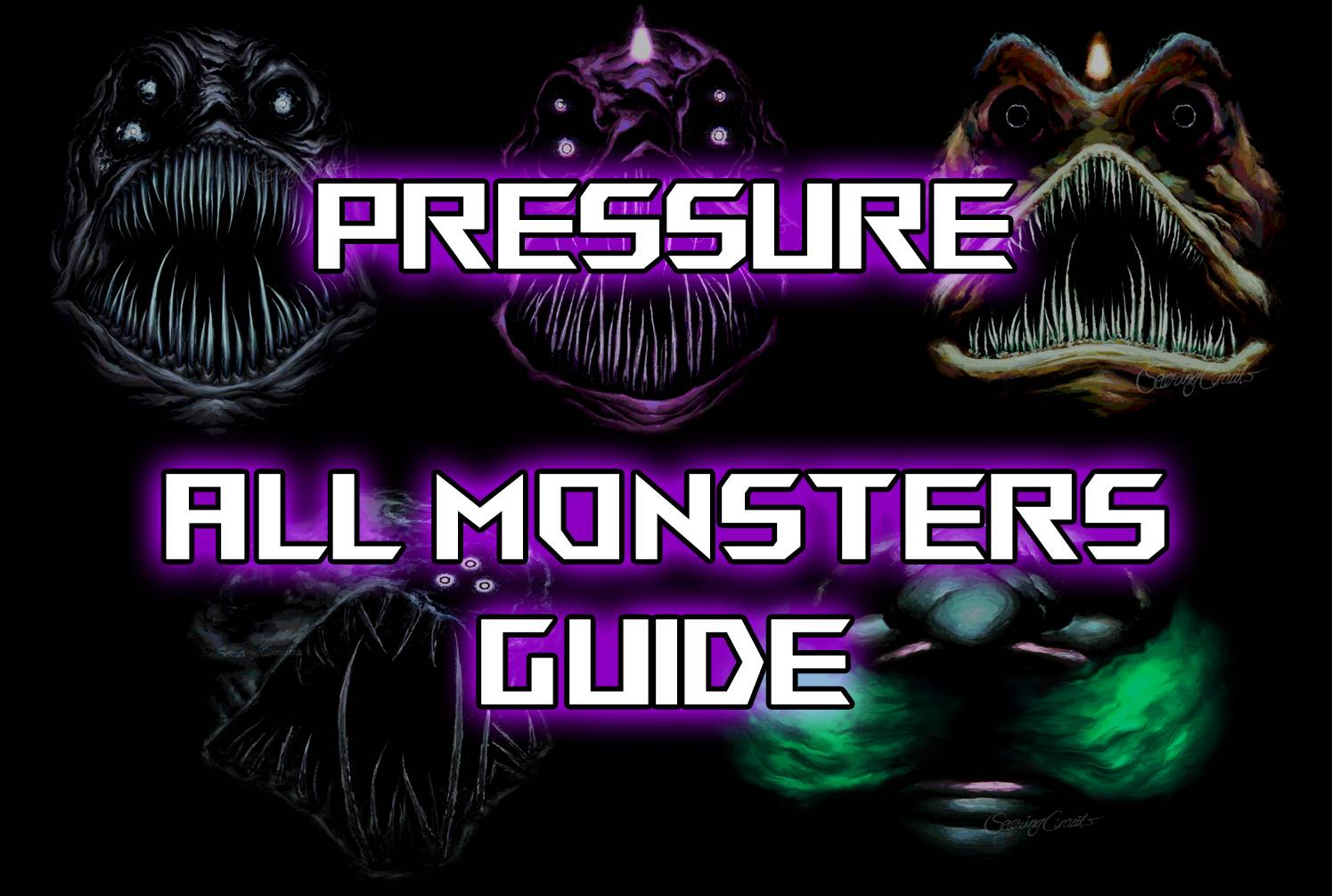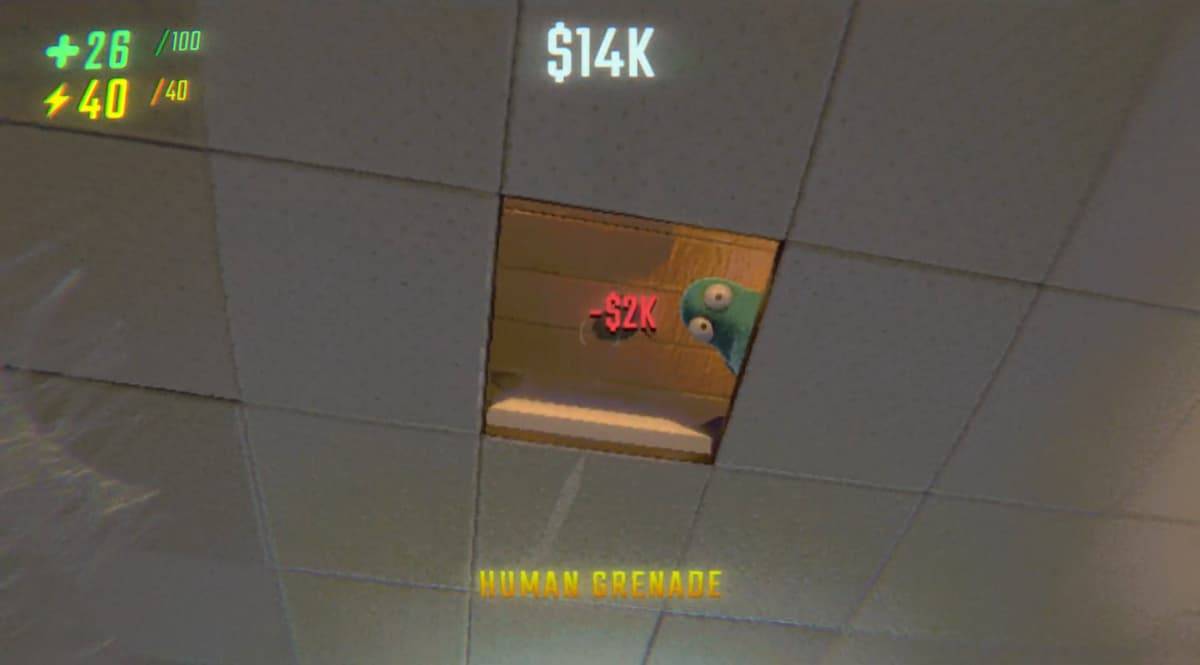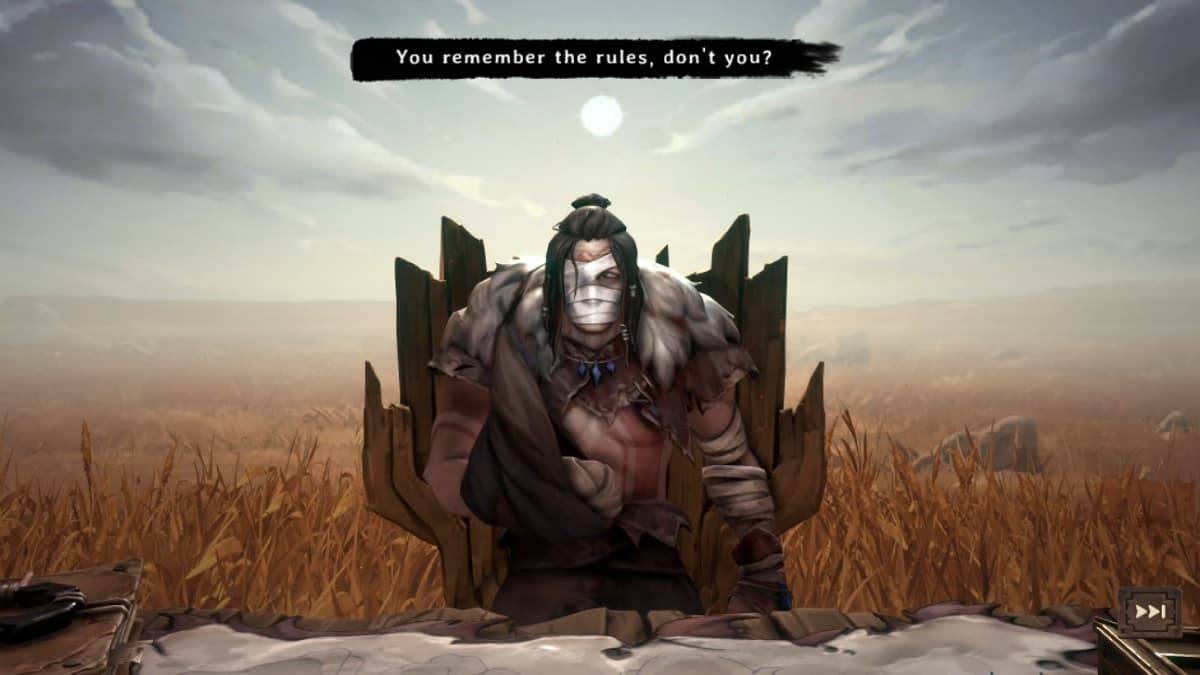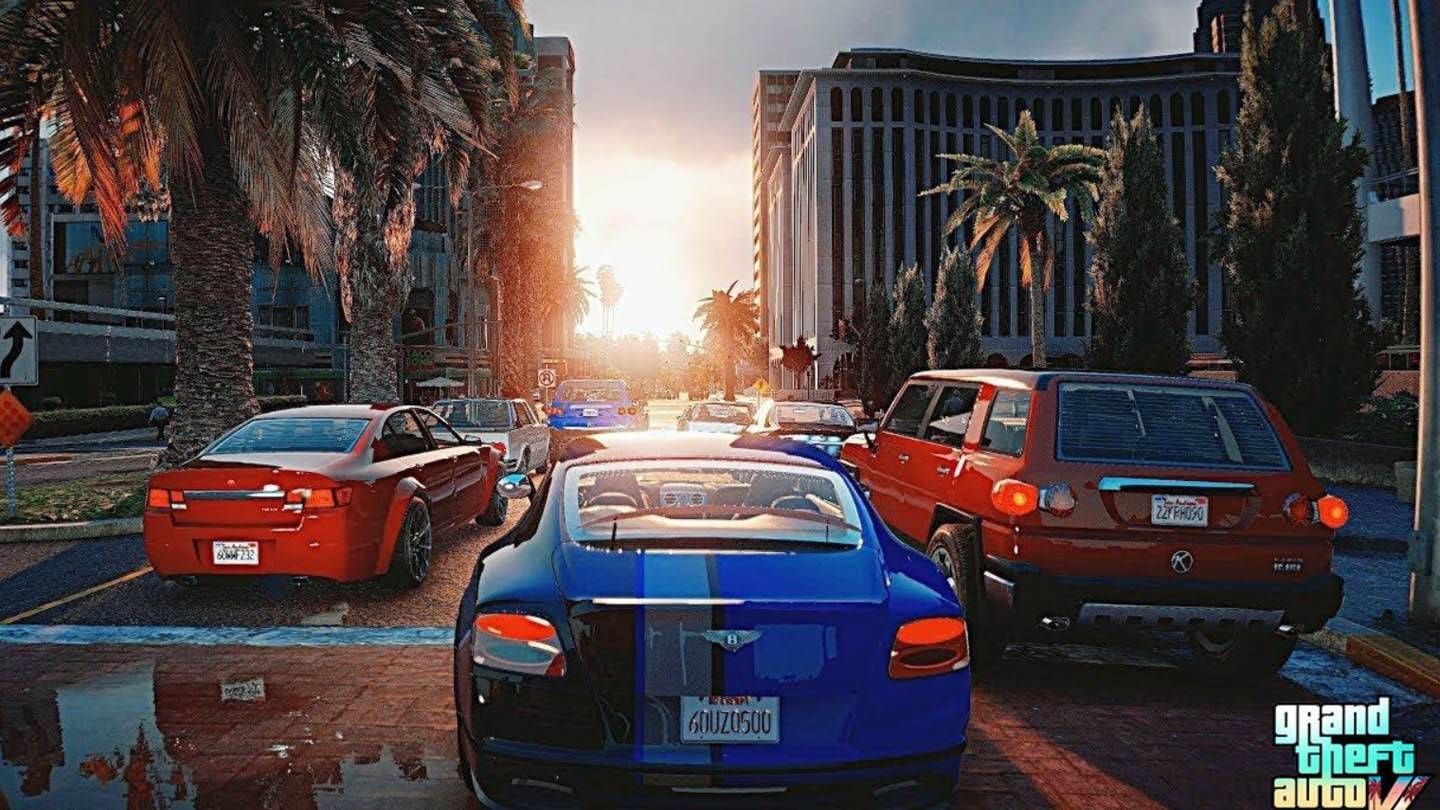Following the successful cinematic adaptations of Uncharted and The Last of Us, Sony has announced that Horizon Zero Dawn is set to hit the silver screen. PlayStation Studios and Columbia Pictures are collaborating to bring Aloy's origin story and the game's captivating, machine-filled world to life. Though still in the early stages of development, I'm optimistic that this could be Sony's first major video game triumph at the box office, provided it remains true to the essence of the games.
Recent years have seen a surge in successful video game adaptations across both film and television. The Super Mario Brothers and Sonic films have set the benchmark for family-friendly adaptations, excelling in both critical acclaim and box office performance. On television, Sony's The Last of Us series has joined the ranks of fan favorites like Netflix's Arcane and Amazon Prime's Fallout. Even adaptations with mixed reviews, such as the Tom Holland-starring Uncharted movie, have managed to gross over $400 million, proving their commercial appeal.
However, the "video game curse" lingers, as not all adaptations have been successful. Uncharted, while financially successful, deviated from the source material, disappointing many fans. Similarly, recent efforts like the Borderlands film and Amazon's Like a Dragon: Yakuza series have struggled both critically and commercially due to their lack of fidelity to the original games' narratives, lore, and tone. These examples highlight a broader challenge in adaptations, where significant deviations from the source material can alienate the core audience.
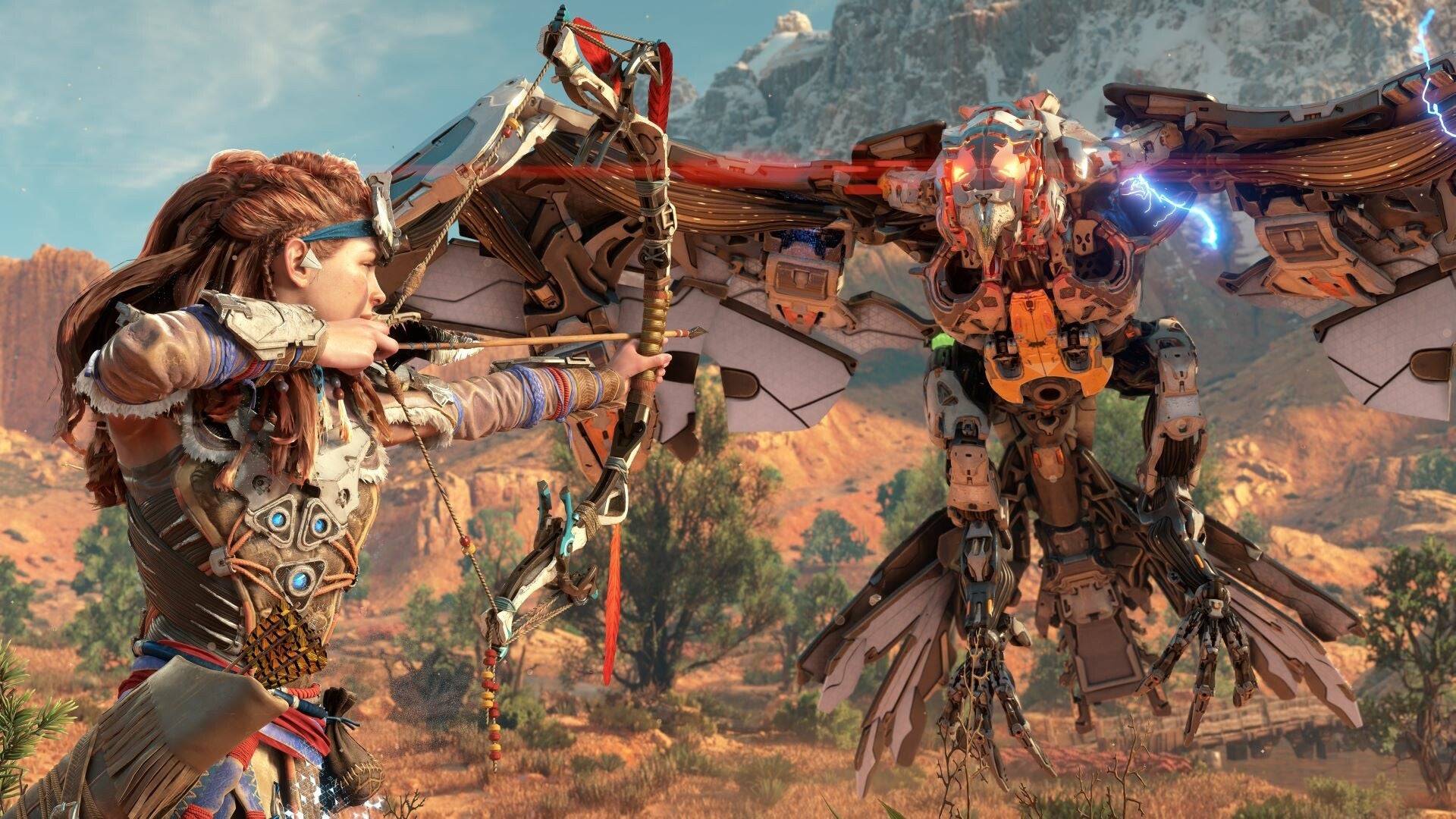
The Horizon movie isn't the first attempt to adapt the franchise for screens. In 2022, Netflix announced a series based on the game, and there were rumors of a "Horizon 2074" project set in the pre-apocalypse period. This direction sparked controversy among fans who wanted an adaptation that stayed true to the original game's story and its iconic robotic creatures. Fortunately, the Netflix project has been abandoned, and the focus has shifted to a cinematic release, a move that could benefit from the larger budget and resources of a Hollywood film to bring the game's world to life.
If Horizon follows the successful path of The Last of Us, Arcane, and Fallout, which were celebrated for their faithfulness to the source material, there's no reason it can't be PlayStation's first big cinema win. These adaptations succeeded because they respected the original games' narratives and tones, resonating with both fans and newcomers. Horizon Zero Dawn's compelling story, which earned it the Best Narrative award at the 2017 Game Awards and the Outstanding Achievement in Story award at the 2018 DICE awards, is a testament to its quality and worthiness of a faithful adaptation.
Set in 31st century North America, Horizon follows Aloy, a member of the Nora Tribe, as she unravels the mystery of her origins and their connection to the scientist Elisabet Sobeck. The game's rich world-building, intricate tribal cultures, and thrilling encounters with robotic creatures like Sawtooths, Tallnecks, and Stormbirds provide a fertile ground for cinematic storytelling. The relationships between Aloy, Erend, Varl, and the enigmatic Sylens, coupled with the narrative of humanity's struggle against a rogue AI and its impact on Earth's climate, add layers of depth that could translate well to film.
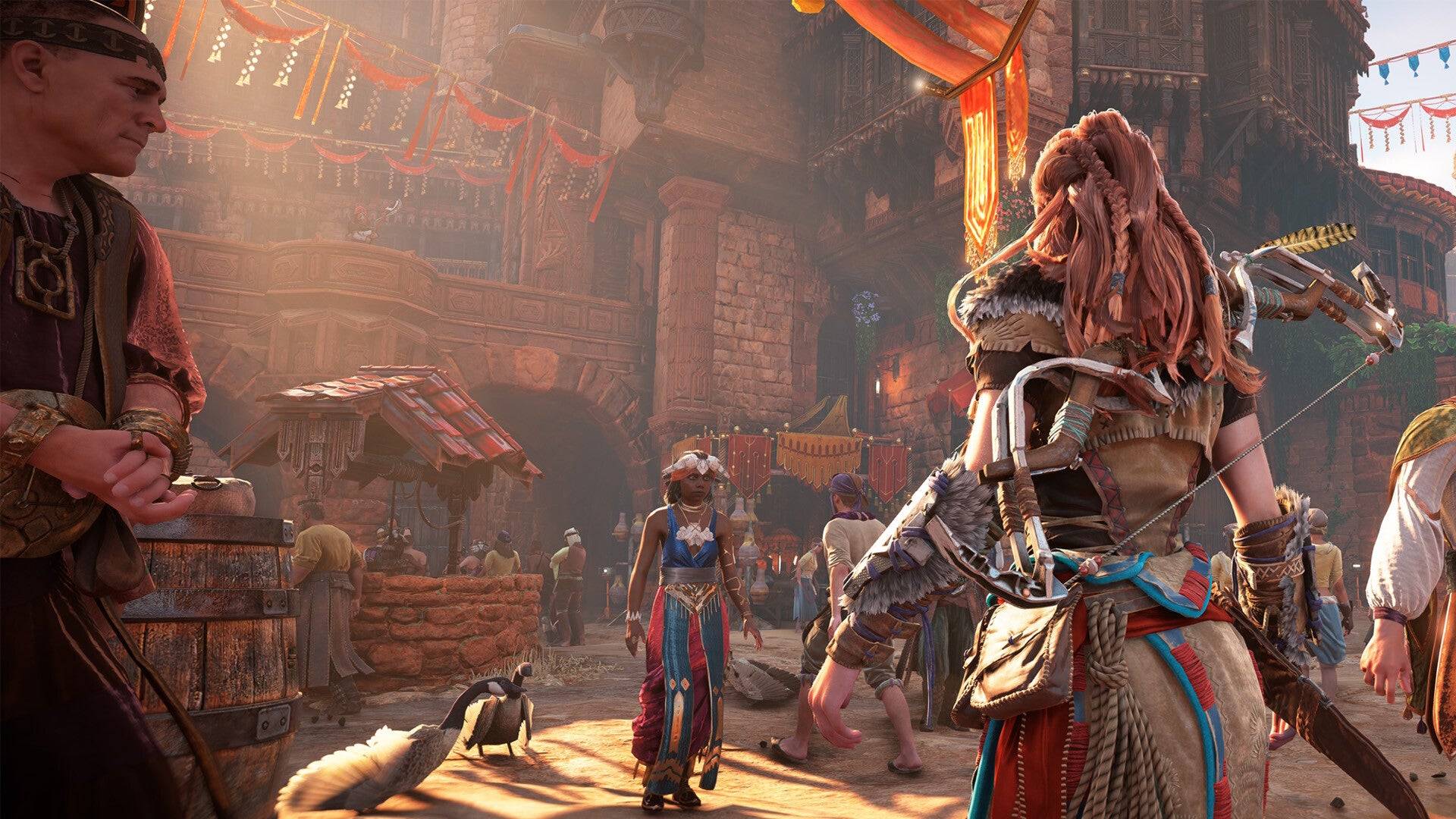
For the Horizon movie to succeed, it must preserve the elements that made the game a hit. With other Sony titles like Ghost of Tsushima and Helldivers 2 also slated for adaptation, a faithful approach could set PlayStation up for success in new mediums. However, straying from what made Horizon great could lead to negative fan feedback and financial setbacks, as seen with adaptations like Borderlands. It's crucial that Sony, along with its chosen writers and directors, recognizes the potential of Horizon and stays true to its roots.




